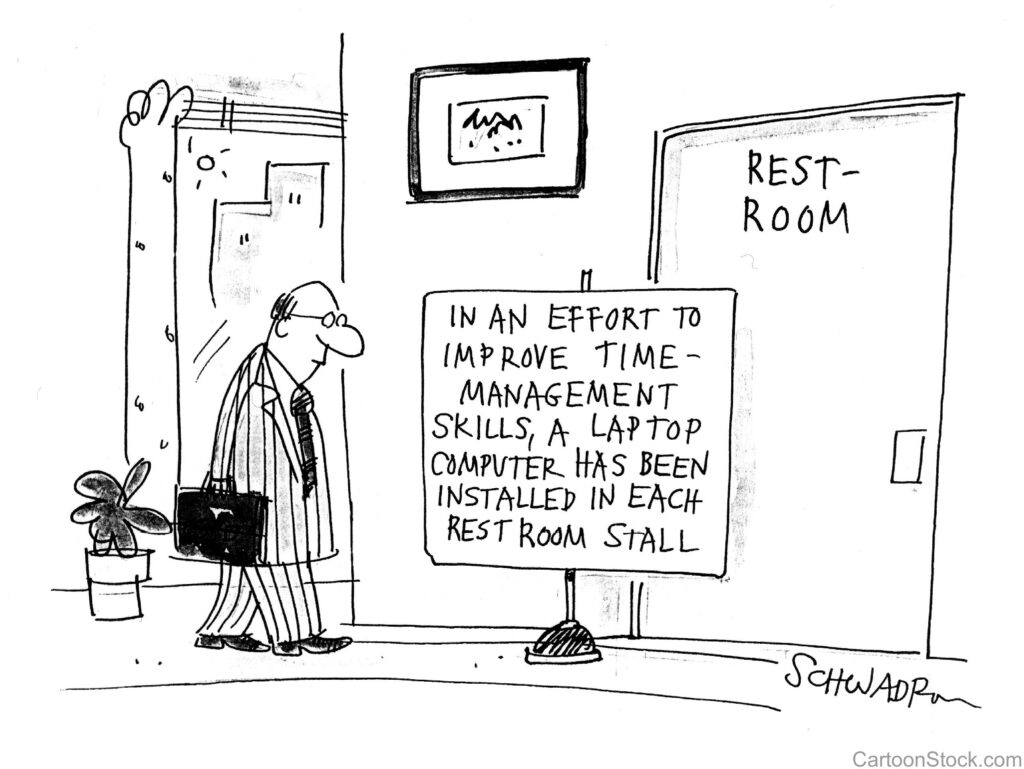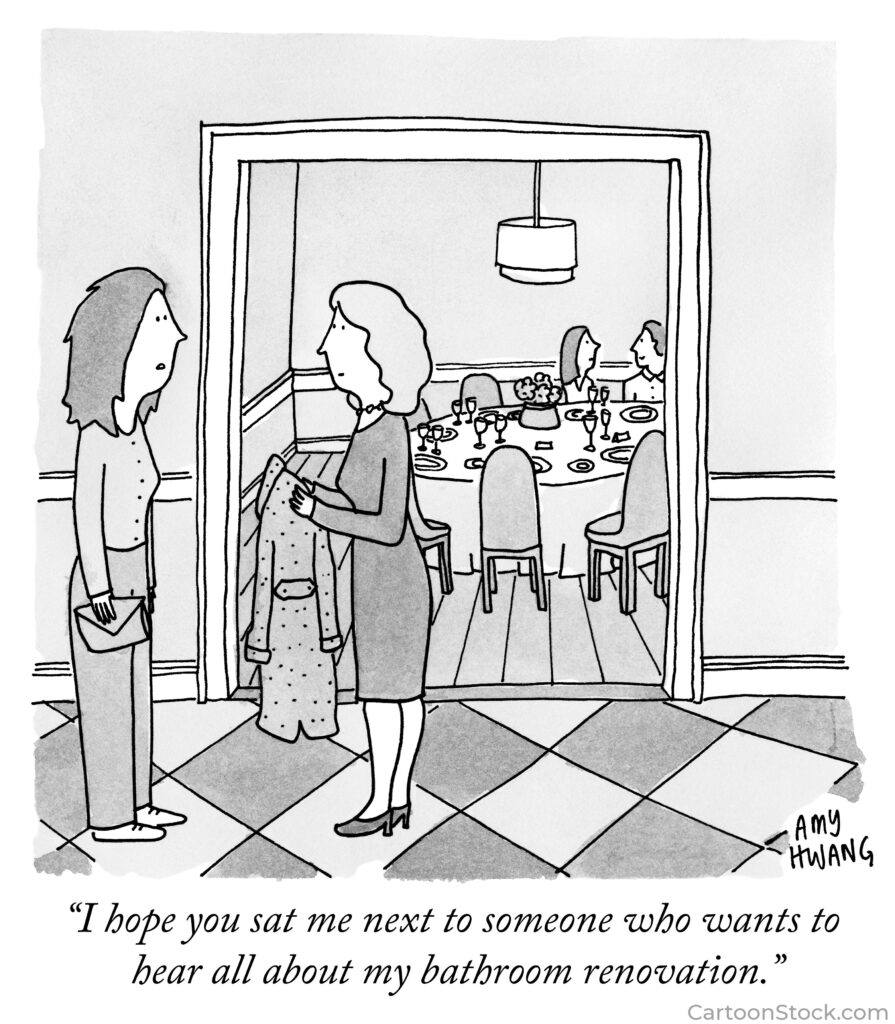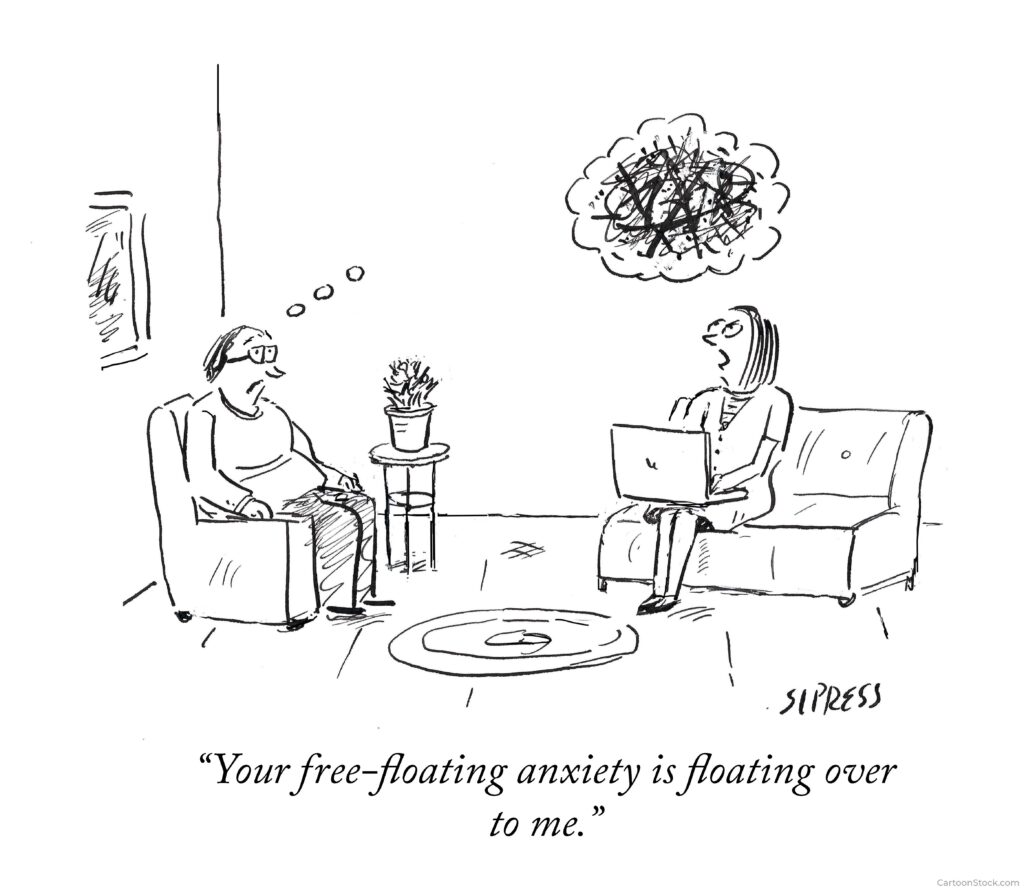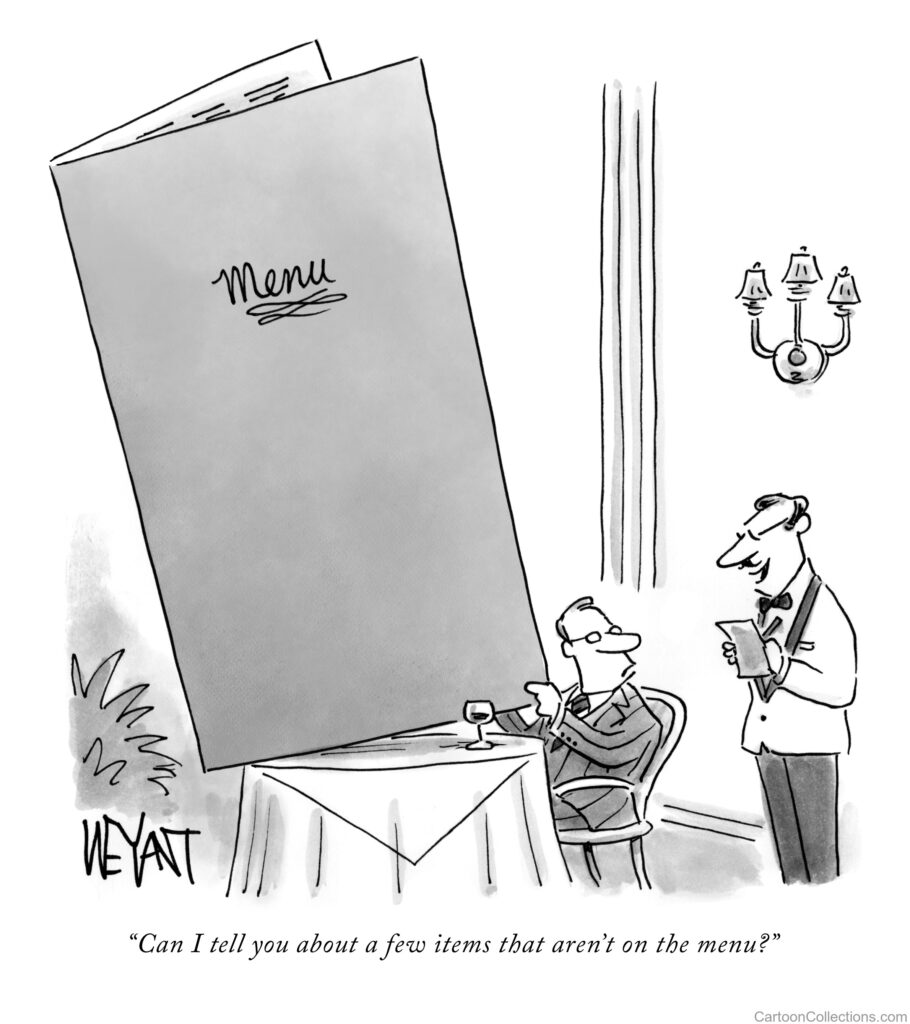
The Pomodoro Technique is a time management technique made popular by Francesco Cirillo. When he was a student at Rome’s Luiss Business School he used a tomato-shaped kitchen timer to regulate his schedule (pomodoro is an Italian word for tomato). He would study for 25 minutes, take a five-minute break, then repeat. 
By toggling back and forth between focused work and times of repose, we can extend how long we can work because the break-time (a planned distraction) helps reset our focus and energy. It’s even more effective if the breaks are seen as rewards, not just a change of pace. (Allowing myself a bowl of Blue Bell ice cream is an utterly righteous incentive.) After four “pomodori” are done, take a long break (typically 20 to 30 minutes) instead of a short break. An added benefit of the Pomodoro Technique is that it presupposes that you’ve made a list of important things to focus on.
There’s nothing magical about Cirillo’s 25-5-minute ratio. Customize the principle based on what works best for you.
First, experiment with your concentration level. How long can you read before losing focus? For how long can you respond to emails until your mind grows numb or begins to wander? Listen to a podcast? Work in the yard? Carry on a conversation? Your ability to concentrate will vary in different settings.
For instance, years ago I experimented with increasing how long I could read in one sitting. I’ve settled on this routine: I always read three or four books at a time, written on different topics by different authors. I read one for 20 minutes, then switch to another for 20 minutes, and so on. I take a break every 45 minutes and then resume. It helps to have multiple and diverse books to read because I can’t sustain reading one author on one subject for an extended period of time. Using this system, I can read for hours.
Your level of concentration can be increased. Incrementally increase your focus-time but keep your break-time the same.
Here are some practical steps:
-
- Embrace the importance of being able to concentrate and focus. It can greatly enhance your productivity.
- Assess your current capacity to focus in various settings.
- Work on increasing your capacity to focus.
- Use the Pomodoro Technique to be more productive.
Having finished writing this post (30 minutes), I’m heading to the backyard to pick some figs.



